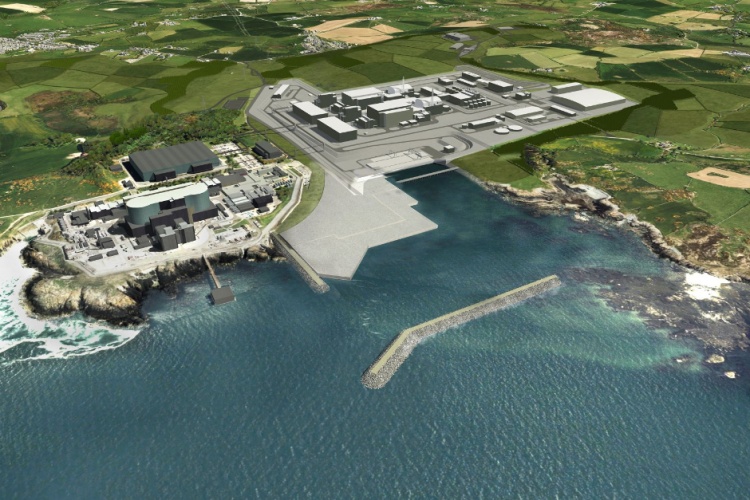
Wylfa Newydd nuclear plant on Anglesey in North Wales and Oldbury on Severn in South Gloucestershire were being developed by Horizon Nuclear Power, which was acquired by Hitachi in 2012. The company had planned to develop at least 5,800MW of new nuclear power across the sites.
Hitachi suspends nuclear new build in England and Wales
Set-back for nuclear new build as Toshiba winds-up NuGen
Hitachi suspended both projects in January 2019 after failing to negotiate a deal with the government on financing the projects, a situation exacerbated by the impact of COVID-19.
During the hiatus, Horizon maintained the capability to remobilise in the event of a new financing model being established. Horizon said it will now take steps to close its current development activities, adding that it will keep lines of communication open with government and stakeholders regarding future options at both sites.
In a statement, Horizon’s chief executive Duncan Hawthorne said: “Nuclear power has a critical role to play in helping tackle our energy needs, meeting our climate change targets and levelling up the economy through green growth and job creation.
“Wylfa Newydd on Anglesey and Oldbury on Severn are highly desirable sites for new nuclear build. We will do our utmost to facilitate the prospects for development which will bring the major local, national and environmental benefits that nuclear can uniquely deliver as we push to transition to a net zero carbon economy by 2050.”
Commenting on today’s announcement, Tom Greatrex, chief executive of the Nuclear Industry Association, said: “It is imperative that a way forward is found for the site, to deliver thousands of jobs, hundreds of apprenticeships and millions of pounds of investment into an economic boost for the area while delivering secure, reliable and low carbon power to underpin the UK’s transition to net zero.”
“If we are remotely serious about hitting our carbon reduction targets as a country then we need to invest now in proven low carbon technologies, including new nuclear,” said Sue Ferns, senior deputy general secretary of trade union Prospect. “The stark reality is that without replacement nuclear capacity the country faces a potential energy gap of 9-21 per cent at peak winter times.”





Glasgow trial explores AR cues for autonomous road safety
They've ploughed into a few vulnerable road users in the past. Making that less likely will make it spectacularly easy to stop the traffic for...